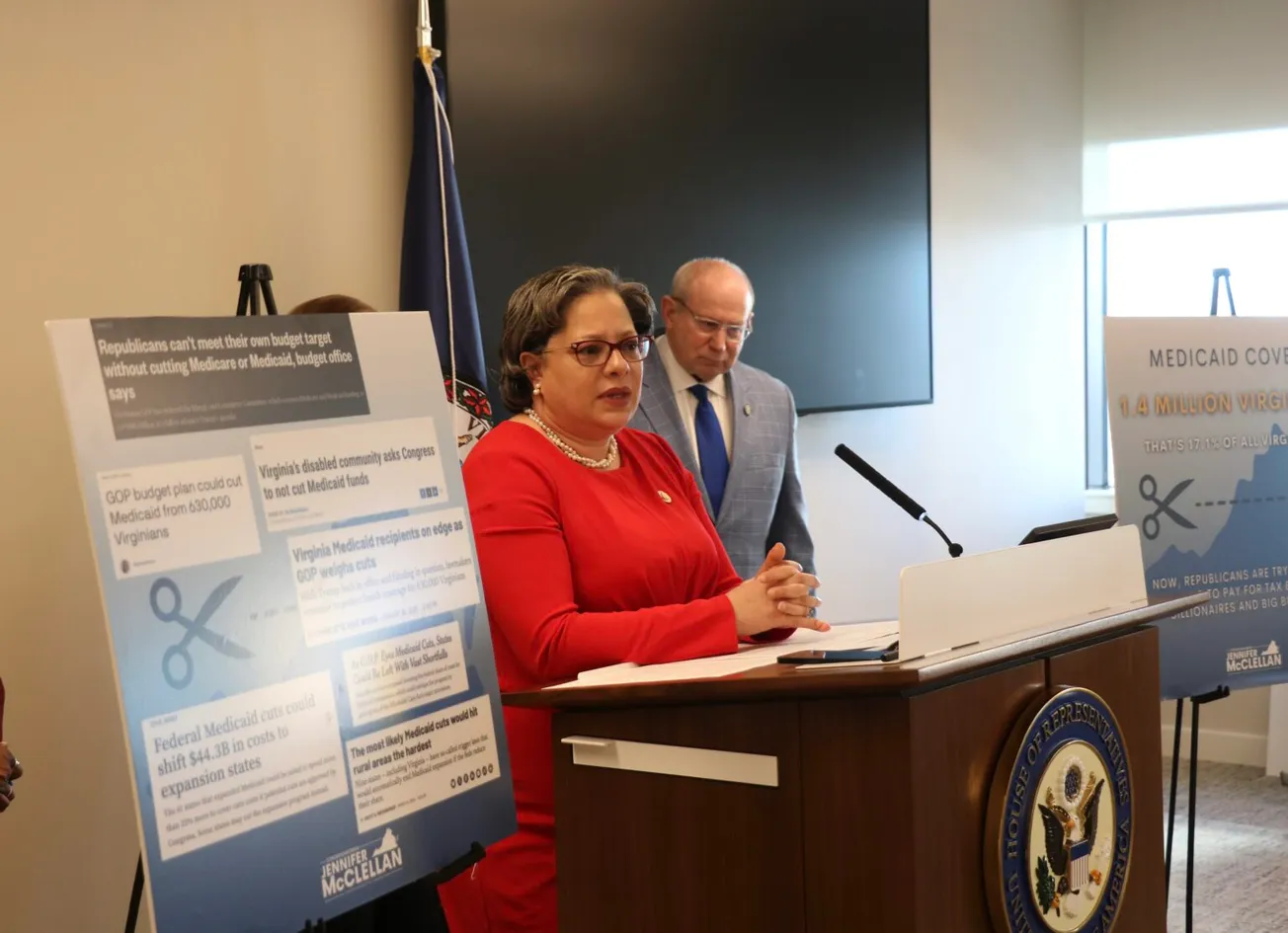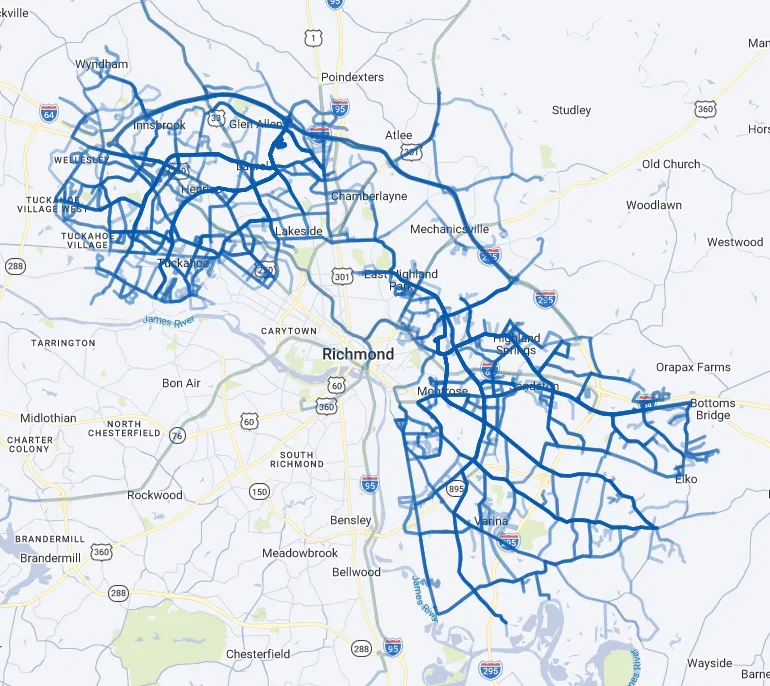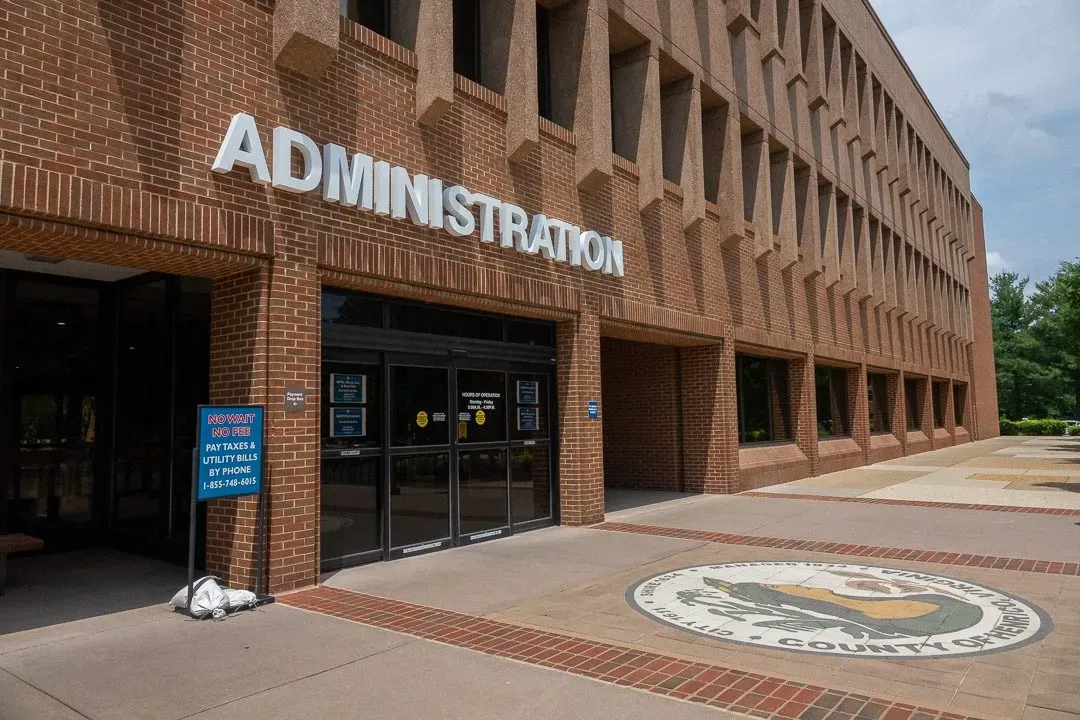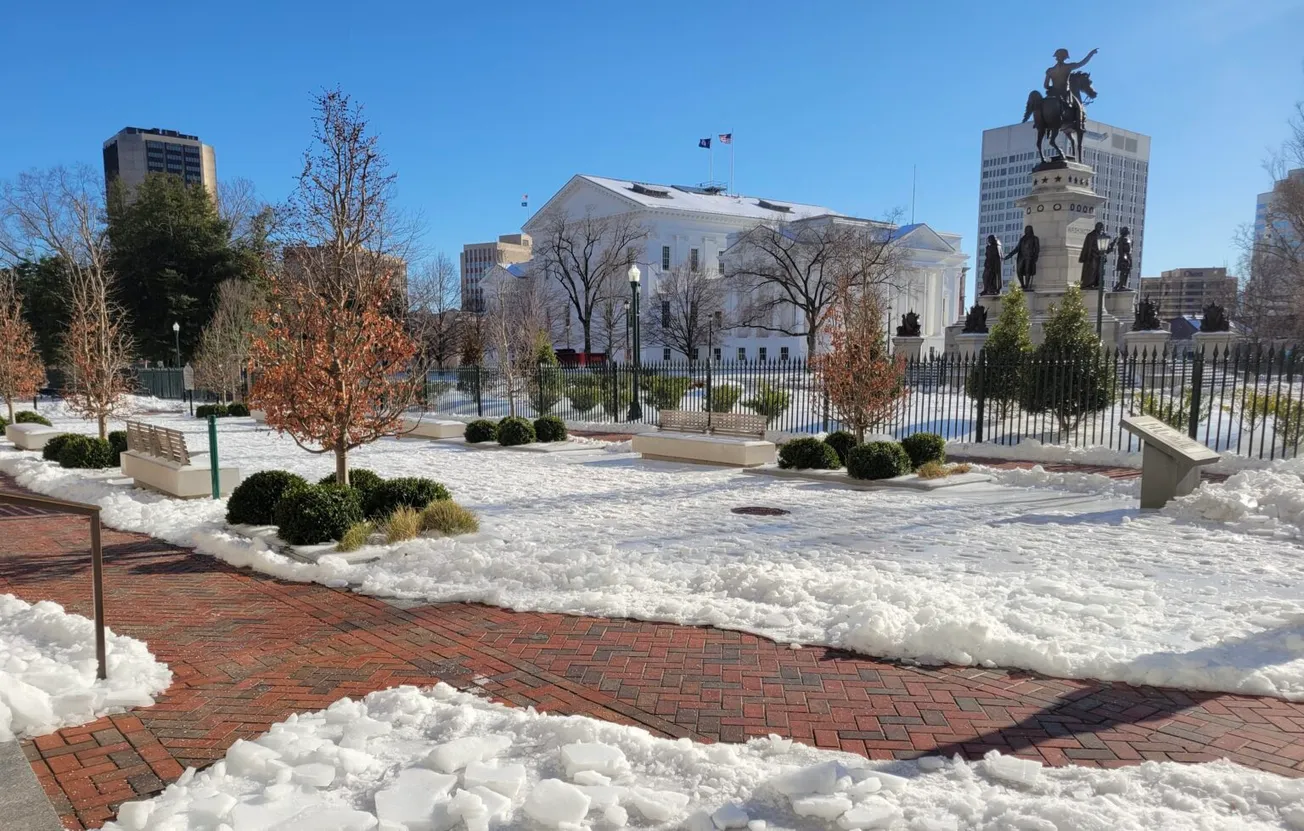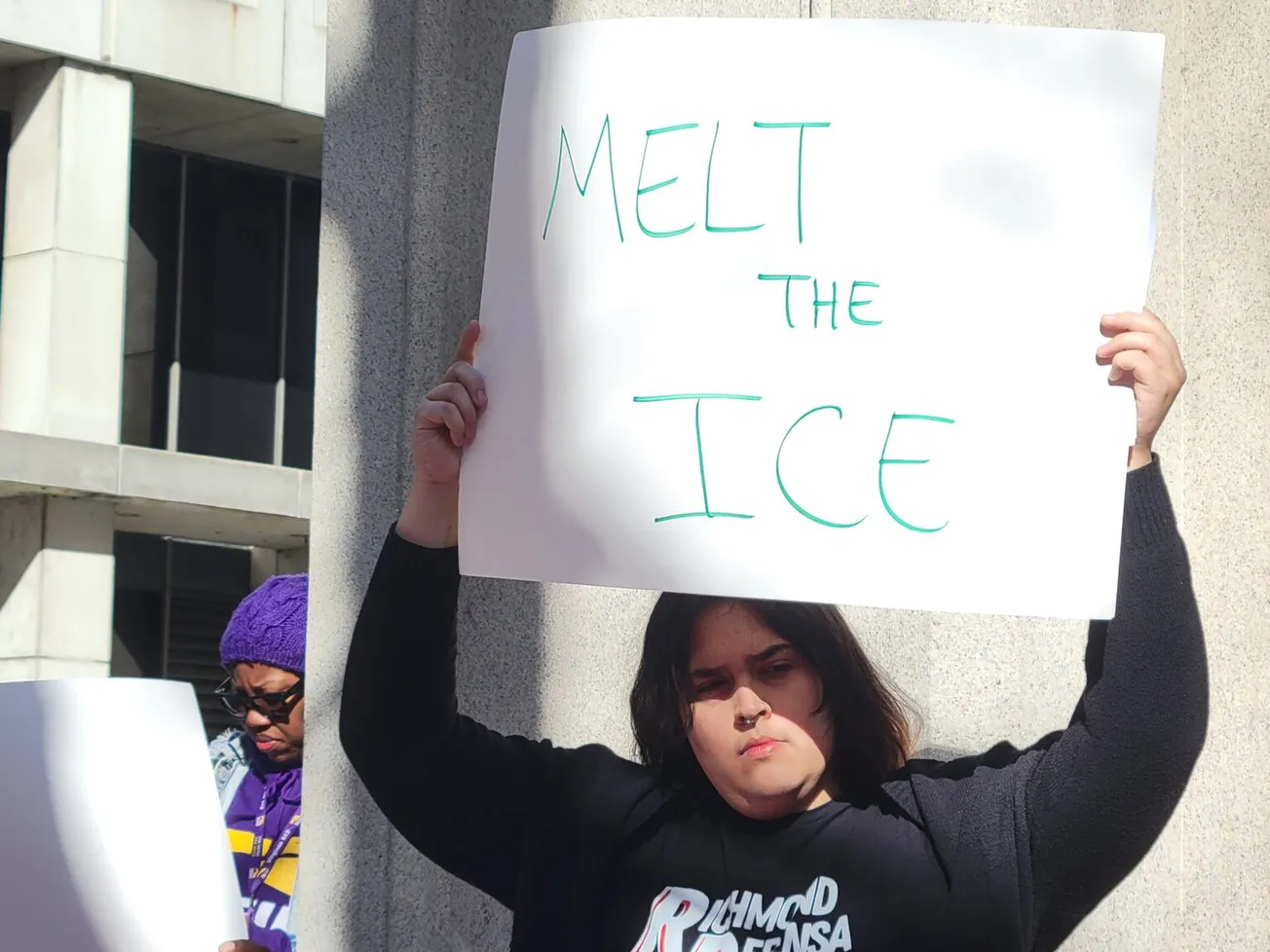McClellan, Virginia Democrats warn of dire impact to state if proposed Medicaid cuts materialize
The Virginia congresswoman is a member of the U.S. House Energy and Commerce Committee, which voted to advance a GOP-led measure to cut $625 billion in Medicaid spending over the next 10 years
